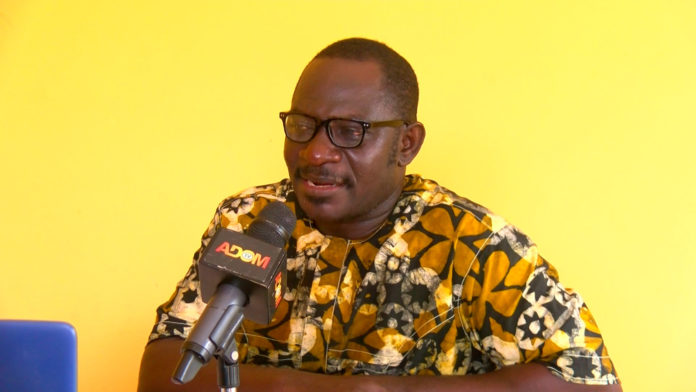The National President of the Conference of Heads of Basic Schools (CHOBS) has revealed that heads of basic schools now depend on loans and personal savings to operate over lack of capitation grants.
In an interview with Adom News, Addo Nicholas Nii Kpakpoe said the current situation has made it extremely difficult for heads of schools to undertake certain school activities.
Nii Kpakpoe revealed for seven terms now which sums up to two academic years, government has not given school heads their capitation grants which they use in running the affairs and activities in the schools.
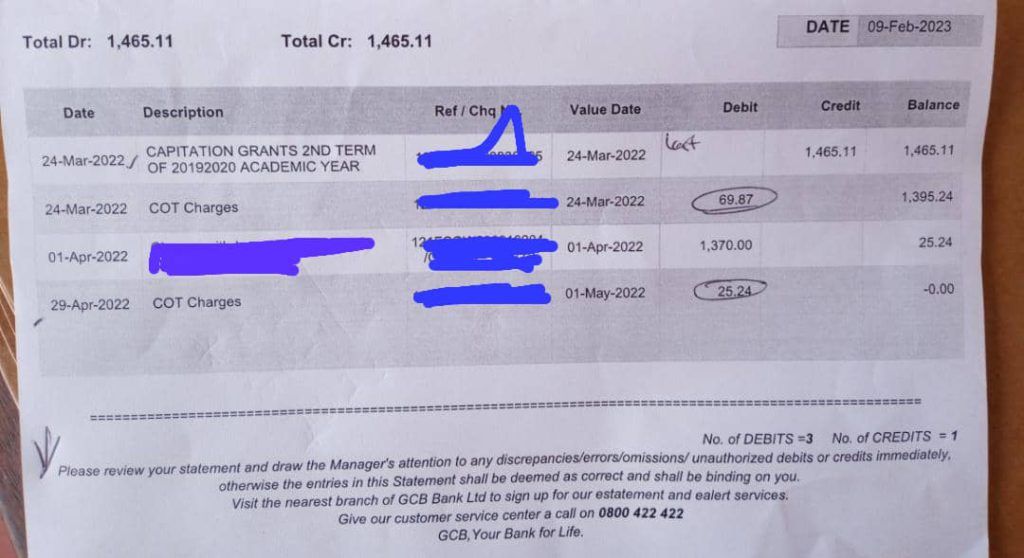
Ironically, the Free SHS has gained notoriety in terms of getting the attention of the Ghana Education Service and the Ministry of Education in getting the challenges associated with it resolved, but the producer of the students for the second-cycle schools is dying and existing in the name because of delay in the release of capitation grant for effective running of the public basic schools.
Windowless and doorless structure with faded paint and a dusty rough surface floor are the traits of a producer for students for the much touted free Senior High School.
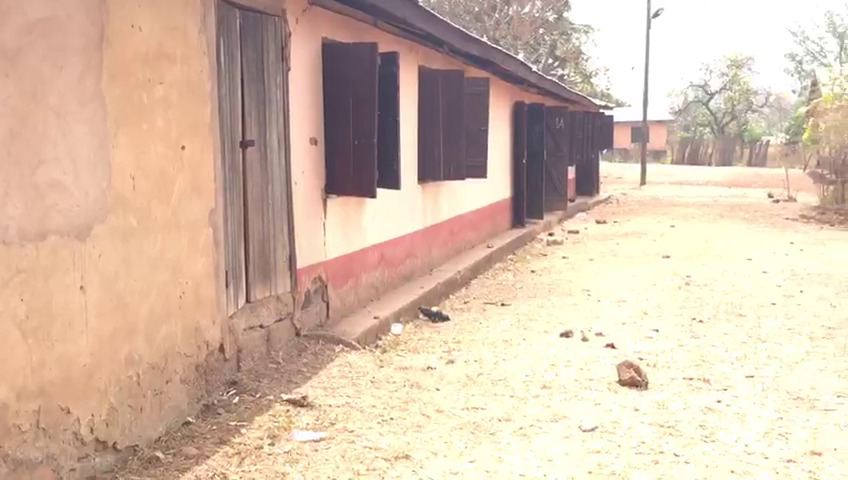
Why doorless and windowless, because the school lack funds for maintenance due to the delay in the release of the capitation grant, are the fate of othe schools.
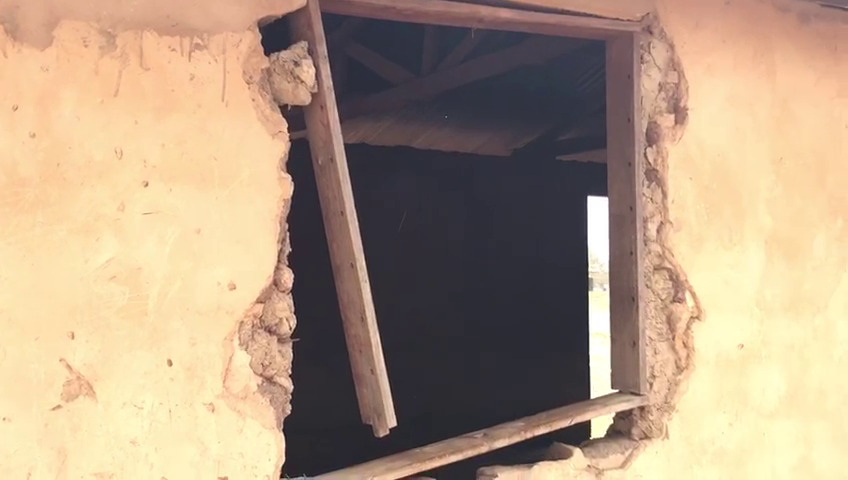
That is the story of Tigare/Yesukrom D/A primary, Fantraline D/A Primary and JHS, Nzema Nkwanta M/A primary/JHS and Tikobo D/A primary, all in the Western North Region.
According to the teachers, the schools are running on credit and teachers’ benevolence due to the delay in the release of the capitation grant.
Sadly, at Sibi E.P Basic School in the Nkwanta North and Redeem M/A Basic School in the Nkwanta South, all in the Oti region, the story is no different from that of the Western North Region where the capitation is in arrears for two academic years.
This paints a nationwide picture of how broke and suffocating the basic schools are as there is no money for day-to-day administration.
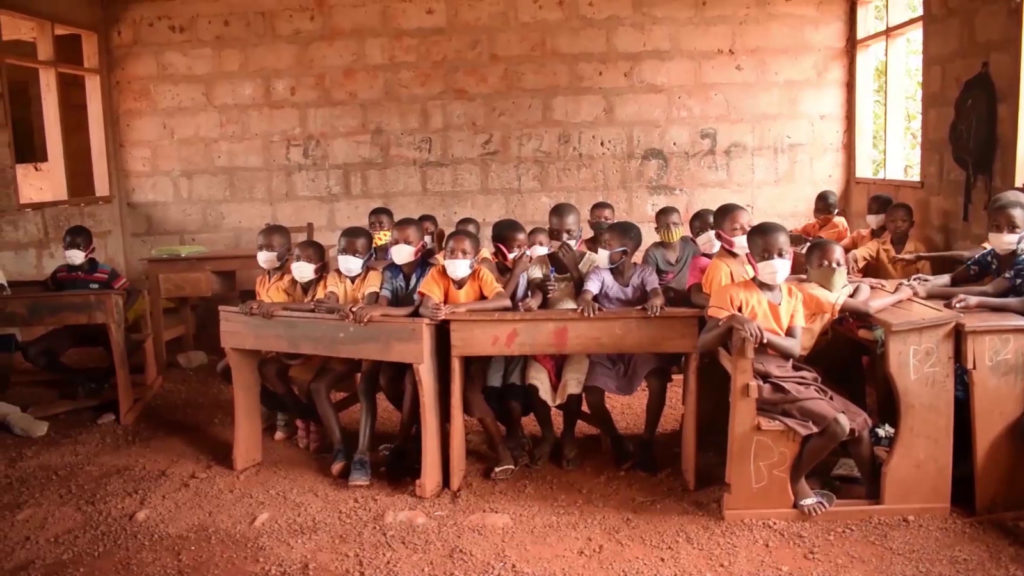
This confirms SEND-Ghana mirror’s report on June 29, 2022, which revealed delays in the payment of capitation grants and other social protection programmes.
Send-Ghana, thus, called on the government to prioritise the allocation of adequate resources to sustain social protection programmes to prevent them from collapsing.
But, the call is yet to be heeded to by government.
As of the time of gathering the data for this story, it was revealed that, in one of the schools in the Greater Accra region, a heap of refuse had not been collected for the past three months due to the lack of funds to pay for the service.
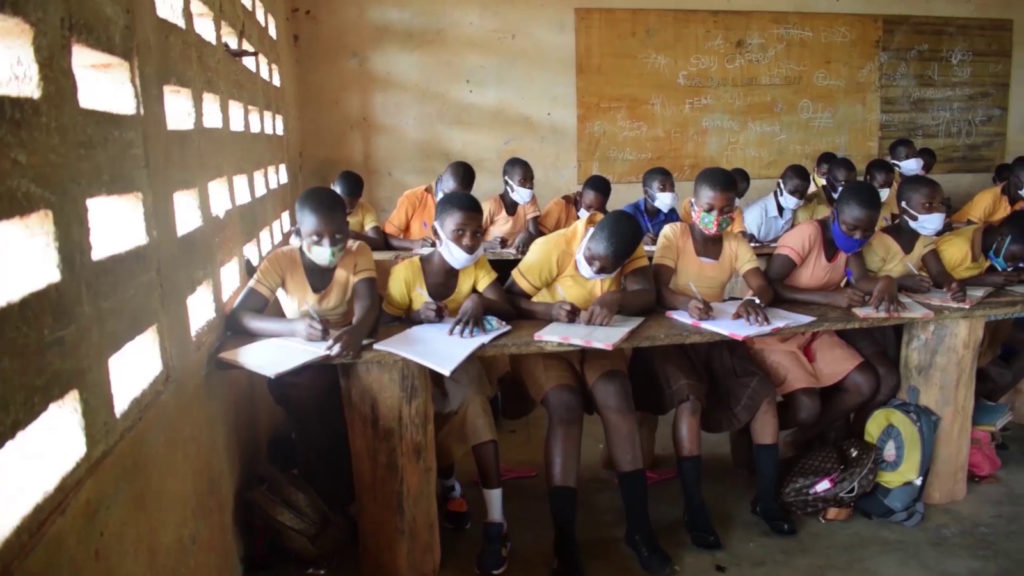
In venting his frustrations, Nii Kpakpoe said “most of our colleagues run the schools by their money because just as the school has reopened, lesson notes, chalk, blackboard markers, have not been provided.
“I can’t also sit idle and say because it’s not coming to the school I wouldn’t run but rather as a leader you find a way in making sure things run smoothly and so most of our colleagues buy the items needed to support their schools with the view that capitation would be released and monies already used would be deducted from it.”
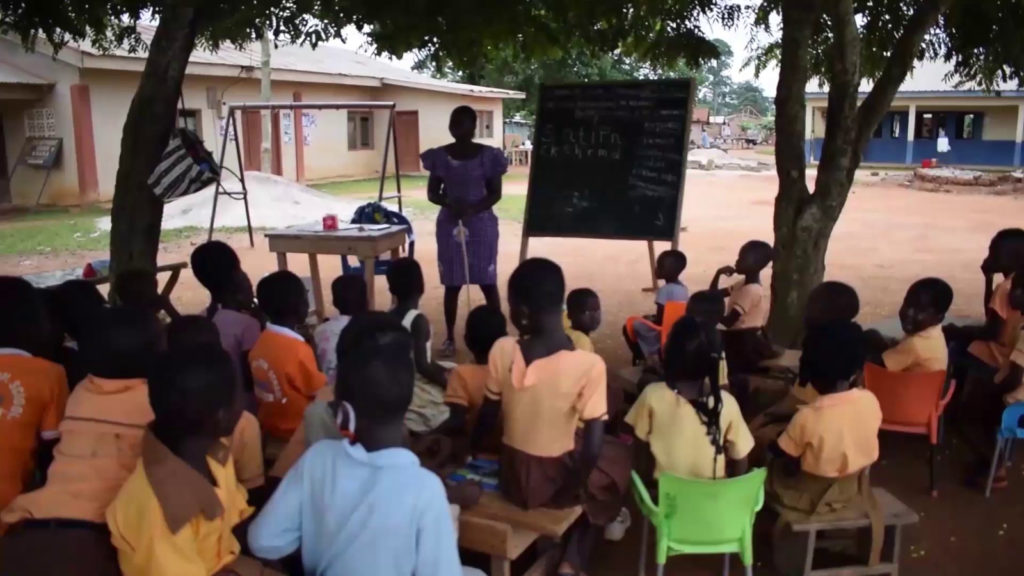
Nii Kpakpoe, as at the time of the interview, stated some district education offices had already received their calendar for sporting activities but there is no money to fund them.
He emphasised that the unavailability of capitation grants from the government is really affecting the quality of education at the basic school level because the teachers that can improvise are doing so instead of using real objects needed for teaching and learning.
The situation has forced the PTA to levy the pupils to pay for exams and sports fees so the school can conduct terminal examinations and also participate in inter-school competitions in the districts.
This levy contradicts the Free Compulsory Universal Basic Education (FCUBE) mantra.
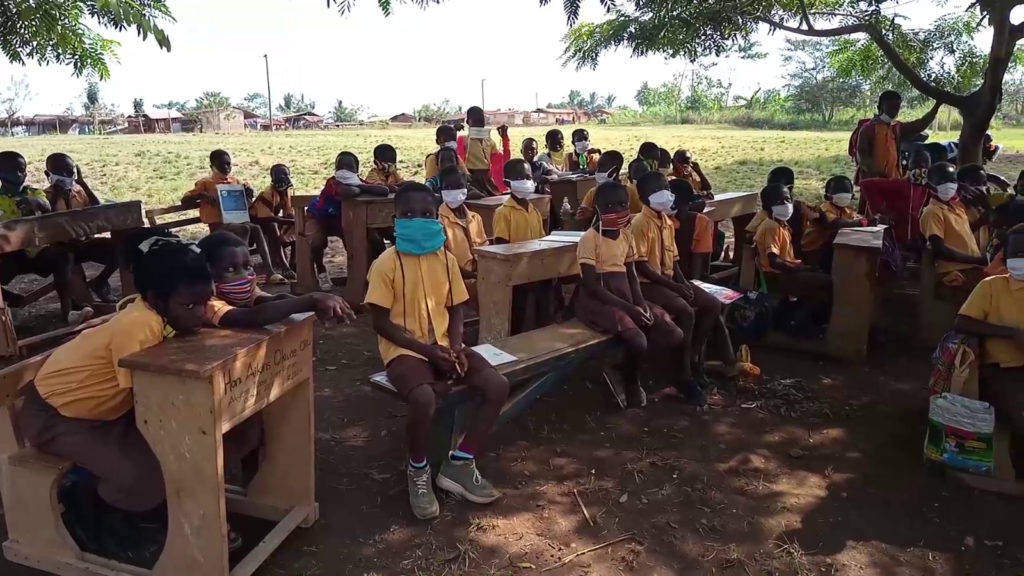
Interestingly, the last payment for capitation grant was done on 24th March 2022 to cover arrears of the second term of the 2019/2020 academic year.
The General Secretary of the Ghana National Association of Teachers (GNAT), Thomas Musah, bemoaned how the delay in the release of the capitation grant is crippling the activities and effective functioning of the schools.
This was corroborated by the President of the Coalition of Concerned Teachers, King Ali Awudu and Deputy General Secretary of the National Association of Graduates Teachers (NAGRAT), Rene Senyo Kwamikorkor, who lamented about how the foundation school has been neglected to the detriment of second-cycled education.
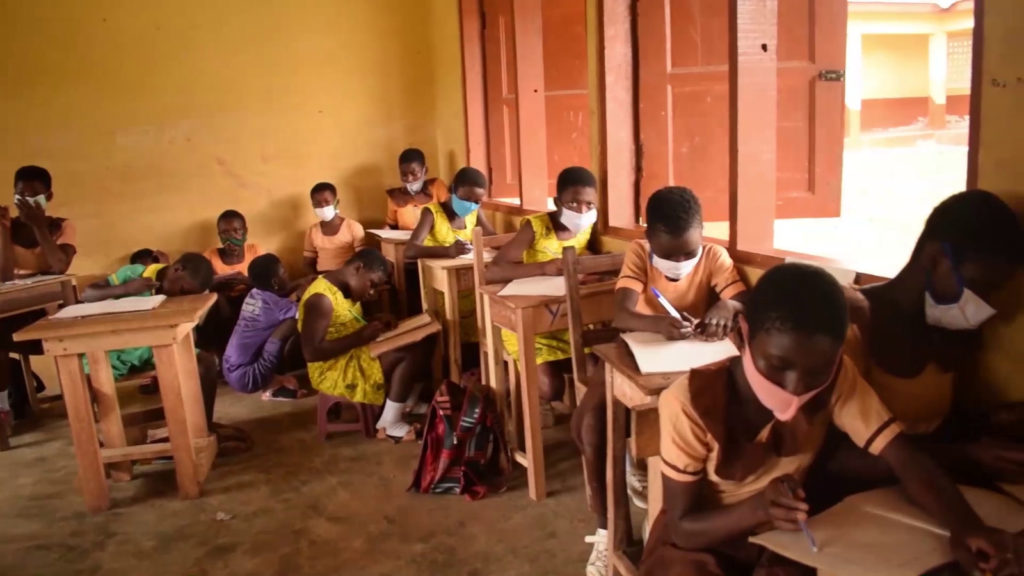
They retorted that if care and attention are not given to basic education, the country’s education will soon be on its knees.
“How do you do things upside down like the way Education is being handled in this country?” The Executive Director of EDUWATCH, Kofi Asare, queried.
He proposed that at least the Education Minister and the Ministry give 50% attention to the issues and challenges confronting Free SHS Policy.
In fact, our research on Educational Infrastructure painted same situation, the lamentations of the National Coordinator of Ghana National Education Campaign Coalition (GNECC), Bernice Mpere-Gyekye.
GNECC has called for immediate action to address the situation to save the schools.
RELATED:
GES releases capitation grant for schools
Headmaster ‘exposes’ govt over Capitation Grant [Listen]
According to the coalition, the reversal is the way it should have been, but the political expediency of the Free SHS, the foundation schools are being sacrificed for Secondary Education.
Full of frustration, Nii Kpakpoe said some headteachers who used their pockets money or borrowed some cash to run their schools in view of getting the capitation grant to repay have gone on retirement.
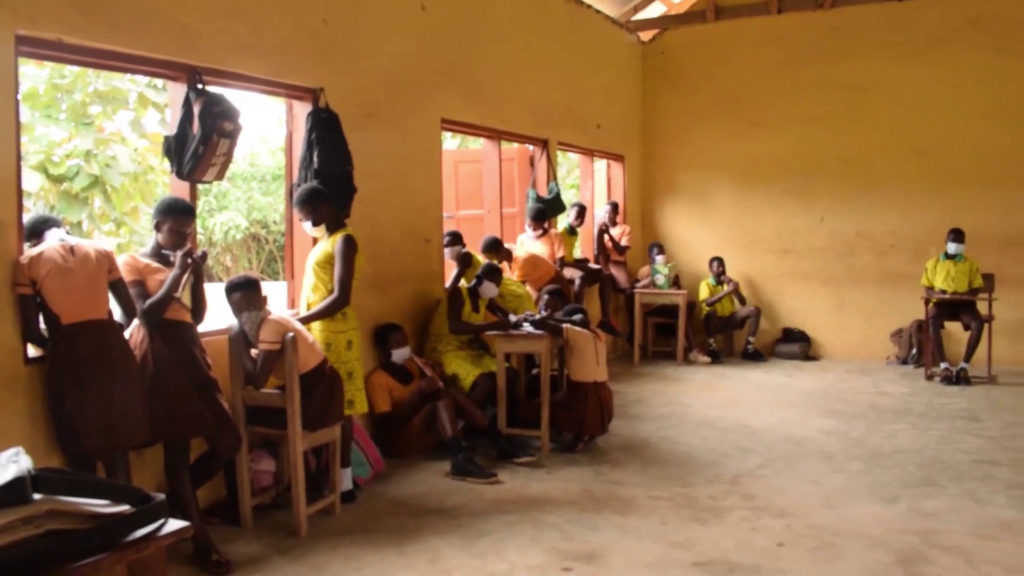
However, the stakeholders in education think that if the capitation grant is not being increased, the little that is due for the schools must be released on regular basis for the effective running of the schools.
They are of the view that a weak foundation school will lead to the collapse of the entire education in the country, hence the urgent attention by the Ghana Education Service and Ministry of Education in addressing the challenges affecting basic education in the country.

